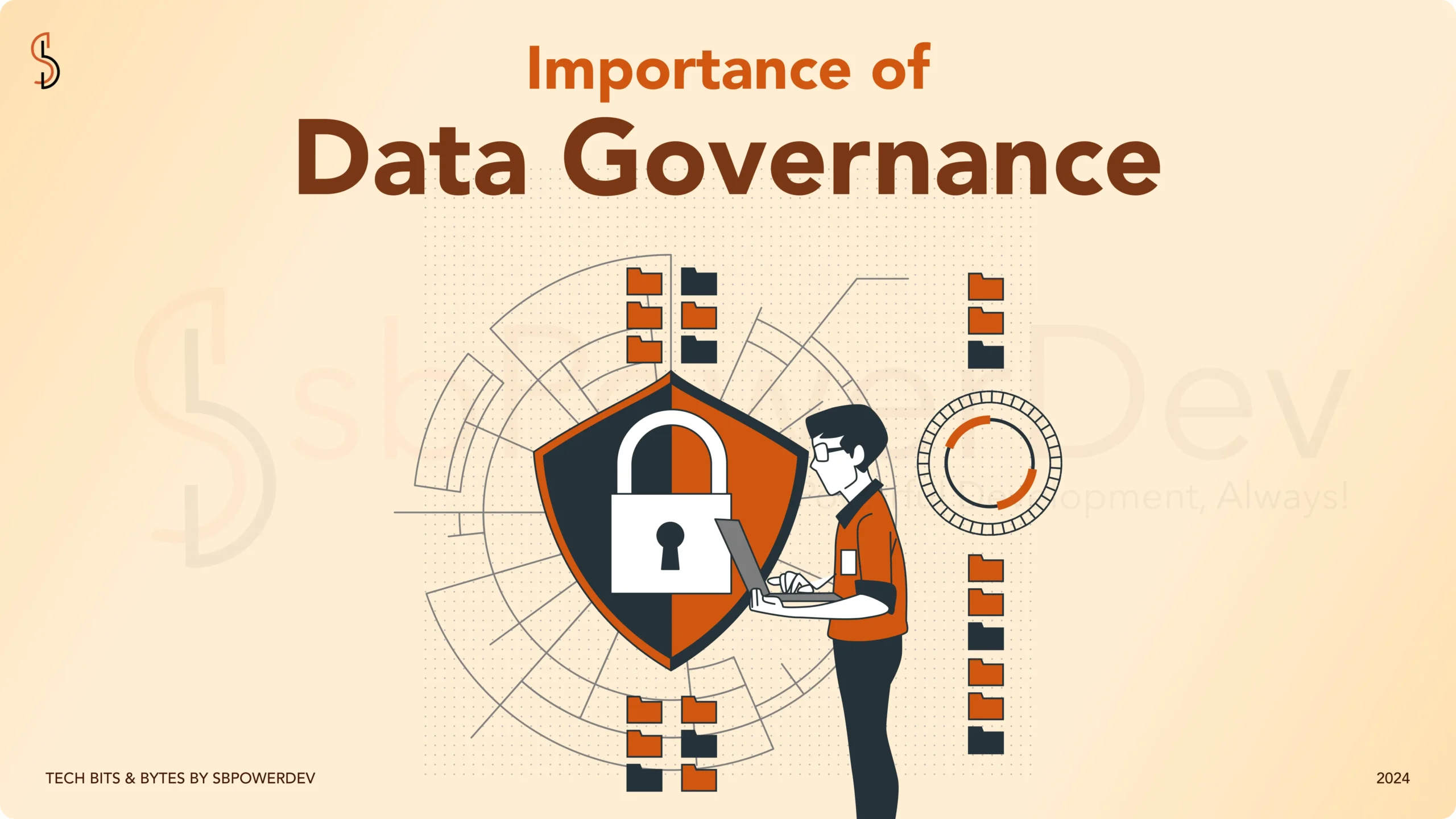In the digital age, data reigns supreme. It drives decision-making, fuels innovation, and shapes the direction of businesses and organizations across industries. However, amidst the vast amounts of data generated and collected, there lies a critical concern: trust. How can we ensure the integrity, reliability, and ethical use of data in the modern analytics landscape? The answer lies in robust data governance.
Understanding Data Governance
Data governance refers to the framework, policies, processes, and roles responsible for ensuring data quality, security, compliance, and accessibility within an organization. It serves as the cornerstone of effective data management, providing a structured approach to managing, protecting, and leveraging data assets.
Components of Data Governance
- Data Quality Management: Ensuring that data is accurate, consistent, and reliable is essential for making informed decisions and driving meaningful insights. Data governance establishes standards and processes for data quality monitoring, cleansing, and enrichment.
- Data Security and Privacy: With the increasing threat of data breaches and privacy concerns, safeguarding sensitive information is paramount. Data governance frameworks include policies and controls to protect data from unauthorized access, breaches, and misuse, thereby fostering trust among stakeholders.
- Regulatory Compliance: Organizations are subject to various data protection regulations, such as GDPR, HIPAA, and CCPA, which require adherence to specific data handling practices. Data governance ensures compliance with these regulations through documentation, audits, and risk assessments, mitigating legal and reputational risks.
- Data Lifecycle Management: Data traverses through various stages, from creation and storage to usage and archival. Data governance defines procedures for managing the entire data lifecycle, including data retention policies, archival strategies, and data disposal practices, optimizing resource utilization and reducing clutter.
- Data Access and Authorization: Controlling access to data based on roles, responsibilities, and permissions is crucial for maintaining data integrity and confidentiality. Data governance establishes access controls, authentication mechanisms, and auditing capabilities to govern data access and usage effectively.
Importance of Data Governance in Modern Analytics
- Enhancing Data Trustworthiness: Trust is the bedrock of effective data-driven decision-making. By implementing robust data governance practices, organizations can instill confidence in their data assets, ensuring that stakeholders rely on accurate, timely, and relevant information to drive business outcomes.
- Mitigating Risks: Data breaches, compliance violations, and data quality issues pose significant risks to organizations, ranging from financial losses to reputational damage. Data governance acts as a shield against such risks by proactively identifying and addressing vulnerabilities, thereby safeguarding organizational assets and stakeholder interests.
- Driving Data-driven Innovation: In today’s competitive landscape, innovation is key to staying ahead of the curve. Data governance empowers organizations to harness the full potential of their data assets, facilitating data sharing, collaboration, and experimentation while maintaining compliance and security standards.
- Enabling Regulatory Compliance: Non-compliance with data protection regulations can result in hefty fines, legal penalties, and loss of trust among customers and partners. Data governance frameworks provide a systematic approach to ensuring regulatory compliance, reducing the organization’s exposure to legal and financial risks.
- Facilitating Cross-functional Collaboration: Data governance involves stakeholders from various departments, including IT, legal, compliance, and business units, fostering collaboration and alignment towards common data management goals. By breaking down silos and promoting cross-functional communication, data governance enables organizations to leverage data as a strategic asset.
Best Practices for Implementing Data Governance
- Executive Sponsorship: Data governance initiatives require strong leadership and support from top-level executives to ensure organizational buy-in and resource allocation.
- Clear Policies and Procedures: Documenting data governance policies, procedures, and standards in a comprehensive manner ensures consistency and clarity across the organization.
- Stakeholder Engagement: Engaging stakeholders from different departments and levels of the organization fosters ownership, collaboration, and alignment towards common data governance objectives.
- Continuous Monitoring and Improvement: Data governance is an ongoing process that requires regular monitoring, assessment, and refinement to adapt to evolving business needs, technological advancements, and regulatory changes.
- Education and Training: Providing training and awareness programs to employees regarding data governance principles, best practices, and their roles and responsibilities fosters a culture of data stewardship and accountability.
Conclusion
In conclusion, as data becomes increasingly integral to organizational success, the importance of robust data governance cannot be overstated. At sbPowerDev, we understand the challenges businesses face in managing and leveraging their data assets effectively. That’s why we offer comprehensive data governance services tailored to meet the unique needs and objectives of our clients.
Our team of experts brings a wealth of experience and industry best practices to the table, guiding businesses through the intricacies of data governance implementation and management. From developing tailored data governance frameworks to implementing cutting-edge tools and technologies, we help businesses establish a solid foundation of trust in their data assets.
Through our collaborative approach, we work closely with clients to understand their business goals, assess their existing data governance practices, and design customized solutions that align with their strategic objectives. Whether it’s enhancing data quality, ensuring regulatory compliance, or fostering cross-functional collaboration, our data governance services empower businesses to unlock the full potential of their data assets while mitigating risks and driving innovation.
By partnering with sbPowerDev for data governance, businesses can gain peace of mind knowing that their data is in safe hands. Our commitment to excellence, integrity, and customer satisfaction ensures that we deliver measurable results and tangible value to our clients, enabling them to thrive in the data-driven economy.
In today’s competitive landscape, data governance is not just a necessity—it’s a strategic imperative. Let sbPowerDev be your trusted partner on the journey to unlocking the full potential of your data assets and driving sustainable growth and success for your business. Contact us today to learn more about our data governance services and how we can help you achieve your business objectives.
Stay tuned for more.















